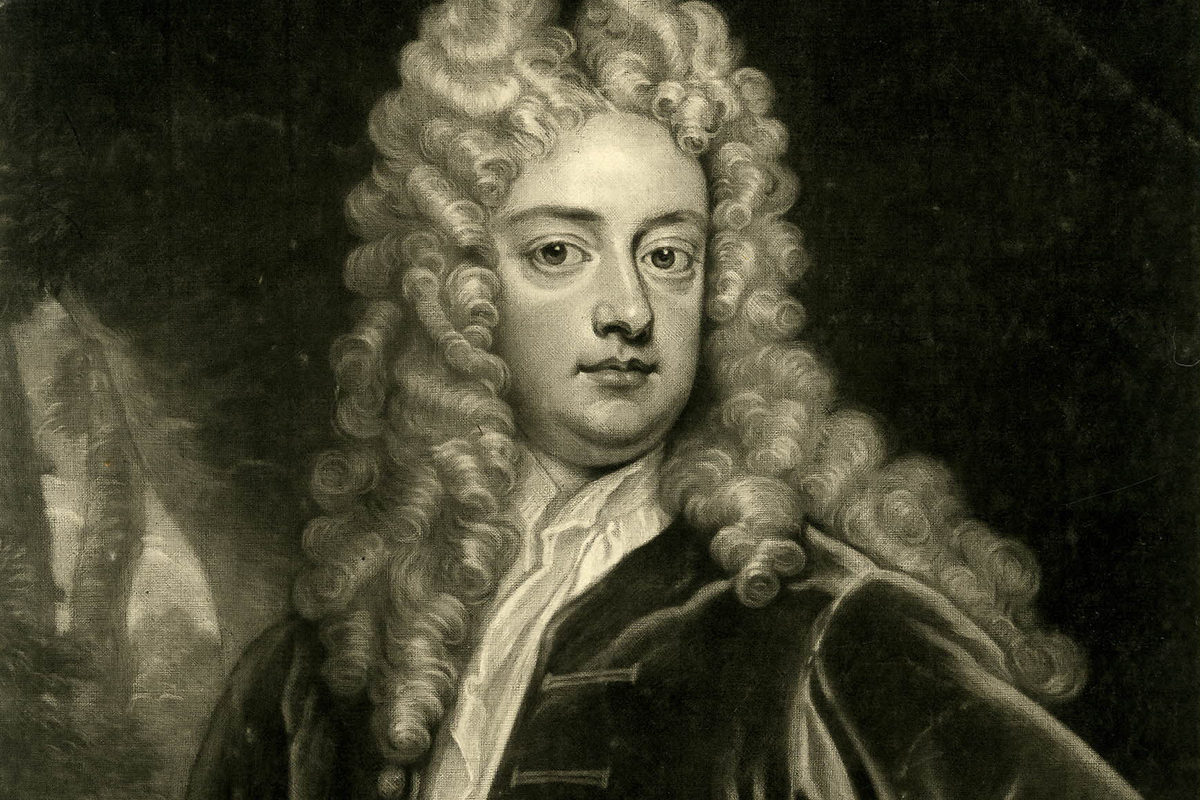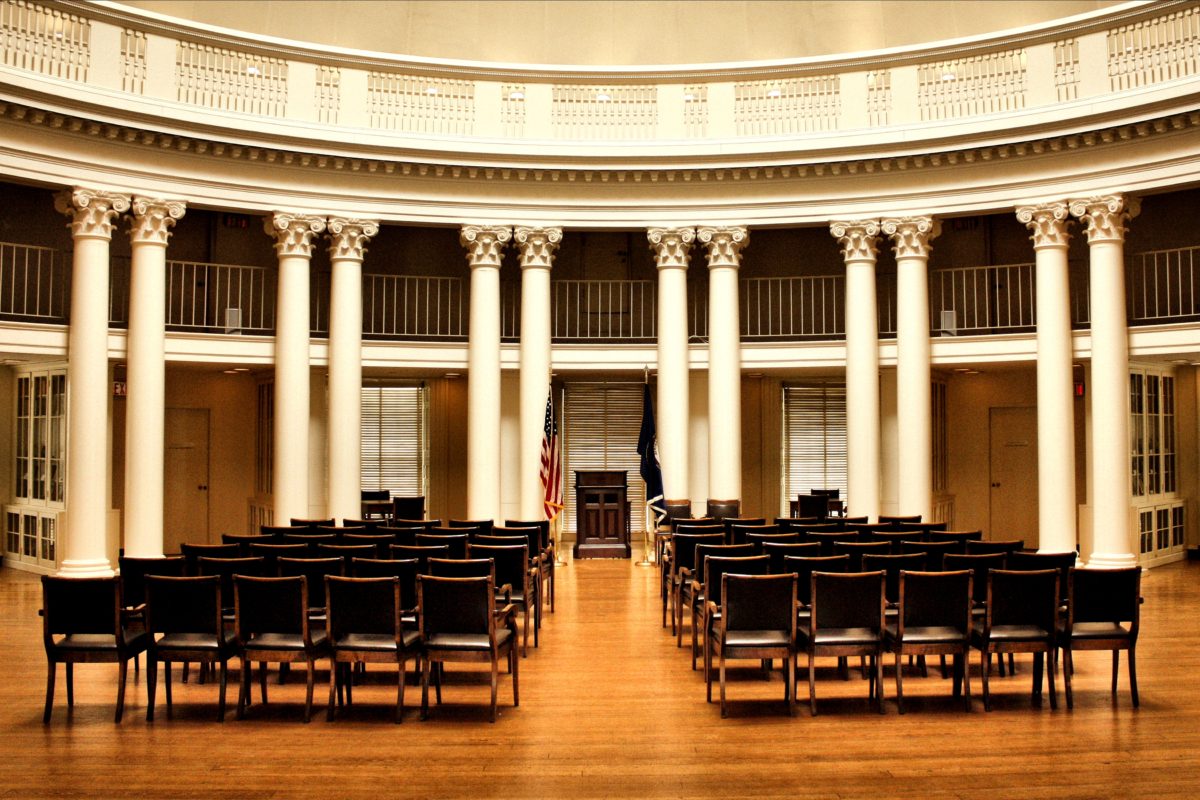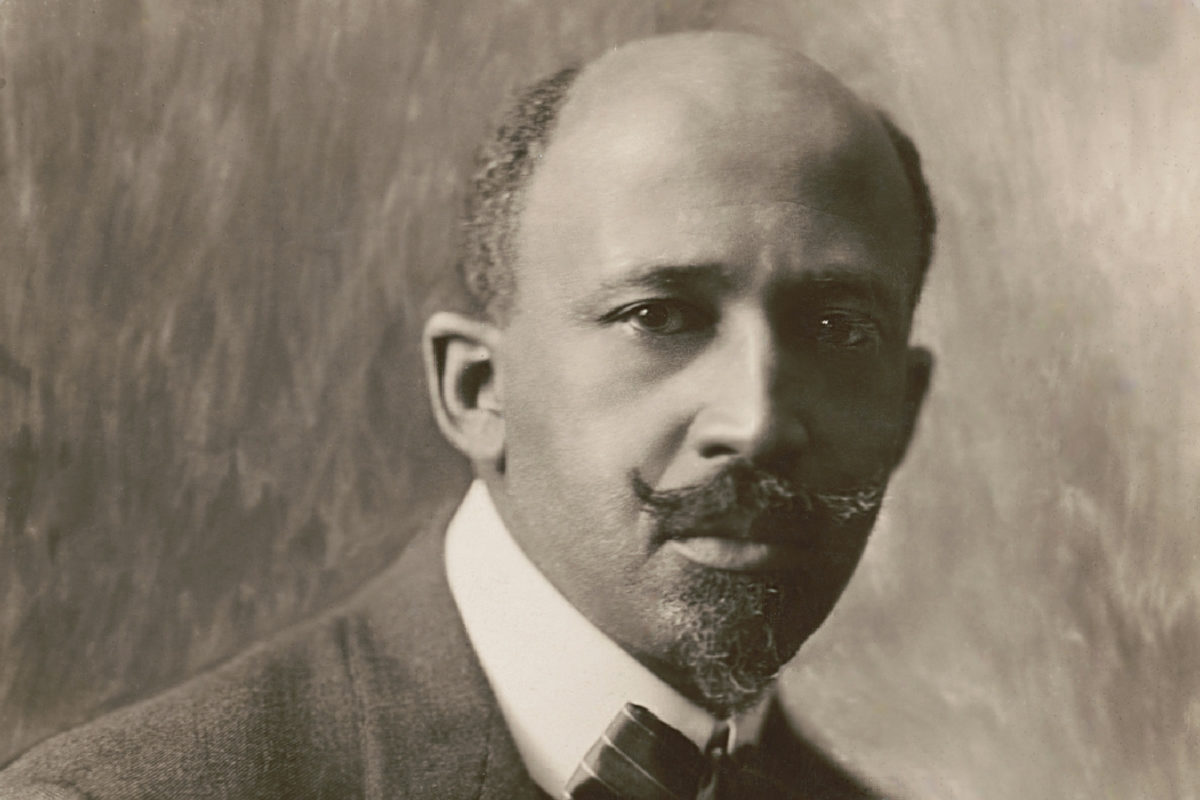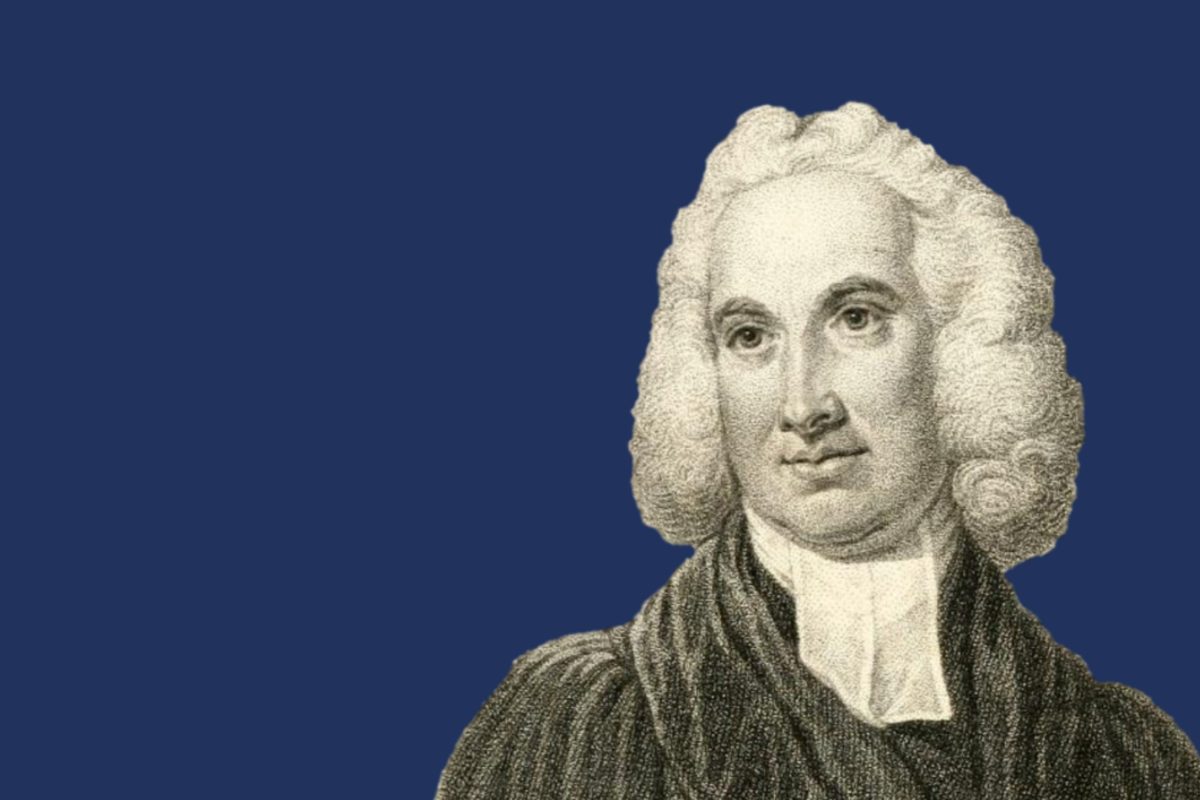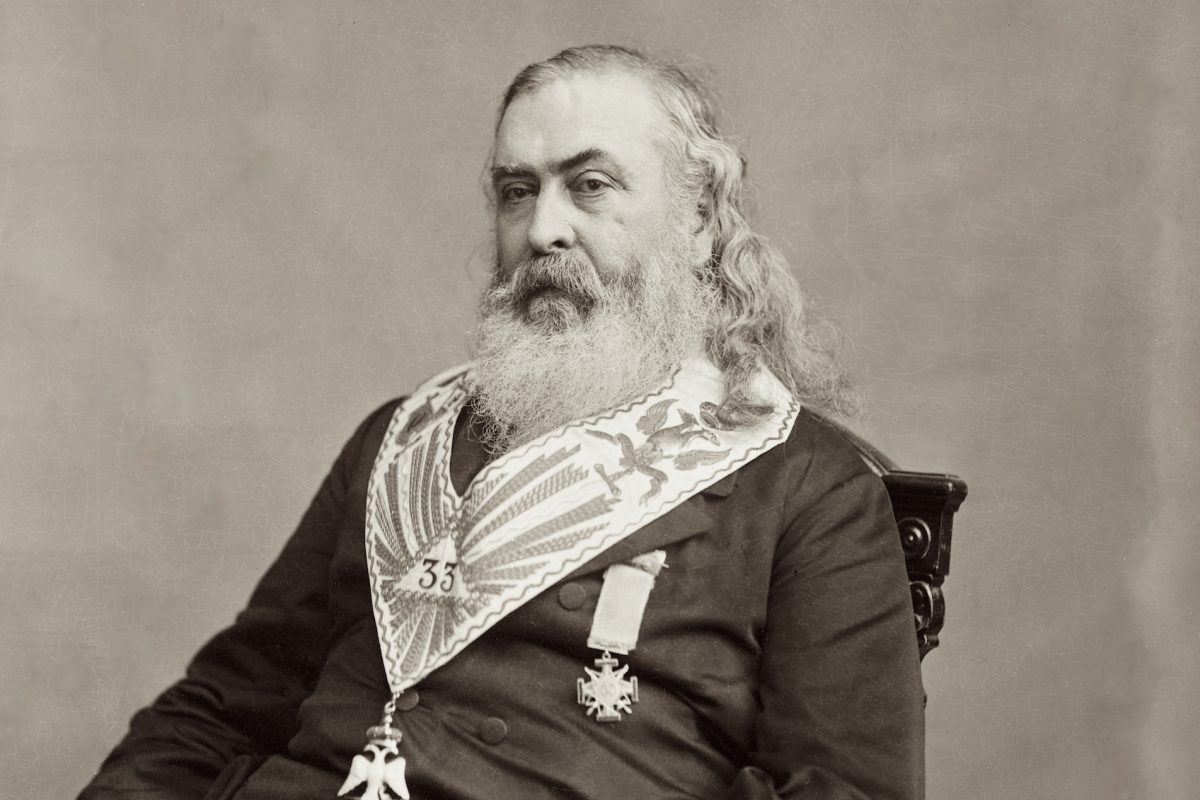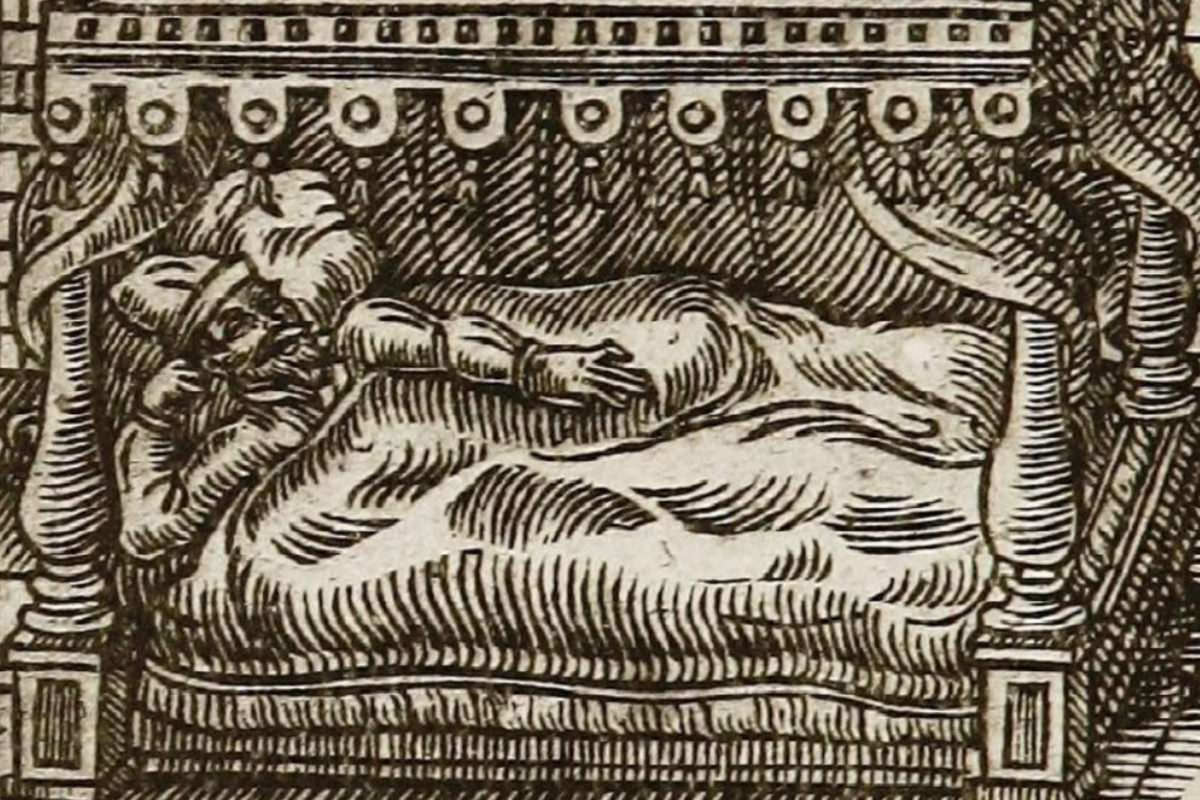“A man’s first care should be to avoid the reproaches of his own heart; his next, to escape the censures of the world.”
~Joseph Addison, English author & playwright
“Comes jucundus in via pro vehiculo est” (20 July 1711) The Spectator, No. 122, reprint in The Works of the Late Right Honourable Joseph Addison, Esq., Vol. III, London: Jacob Tonson, 1730, 2nd edition, p. 55; online via Bavarian State Library & Google Books, books.google.com

